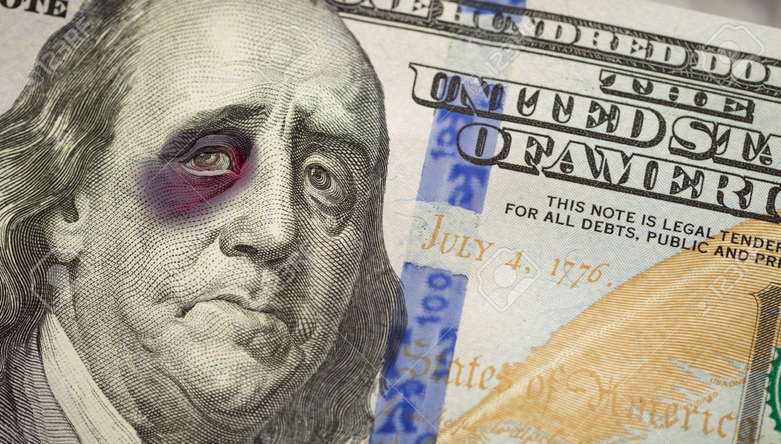The dollar fails to catch a break so far in European morning trade

But the pace of the decline in the greenback isn't really extending all too much outside of cable, which is continuing to push towards the 1.3500 handle.
EUR/USD gains continue to be capped at just under 1.2000 with talk of barriers layered between there and 1.2200 likely to keep upside momentum more in-check for now.
USD/JPY is looking more mixed around 105.70-80 levels as Treasury yields are seen a little higher. 10-year yields are up 2 bps to 0.726% currently.
Meanwhile, commodity currencies are maintaining a modest advance against the dollar as well with USD/CAD slipping close to 1.3000 and AUD/USD trading close to two-year highs near 0.7400 - slightly tempered by trade news here.
Elsewhere, stocks continue to gain further ground with European indices keeping higher across the board. The exception being the UK FTSE, which returns from the long weekend to a stronger pound and that is weighing on the index.
US futures are also pointing to gains, with Nasdaq futures looking poised once more as it is up by a little over 1%. S&P 500 futures are up by ~0.3% for now.
But one of the more interesting stories of the session that hasn't gathered too much attention is the negative headline print in euro area inflation data.
Core inflation also fell to its weakest on record and that is going to make next week's ECB meeting more interesting surely.
The euro is largely shrugging off the latest development as the ECB has maintained that they expect inflation pressures to remain more subdued this year, but how much lower a drop in inflation can they tolerate? That is the real question moving forward.
I would argue that they could still hold out a wait-and-see approach for now but amid fears of inflation expectations deanchoring, ECB policymakers may not be afforded the time to not communicate any potential policy action to address the issue.
And with EUR/USD threatening 1.2000, you can surely expect them to be watching the exchange rate more closely as well.
The pace of the decline in the dollar (upside in euro) and the context of the situation will also add more importance to how the ECB wants to manage the situation.
If EUR/USD threatens a rather violent breakout towards 1.2500 in the short-term, and that starts to chip away at the region's economic recovery and also threaten efforts to stave off deflation, they will surely be more vocal about things.